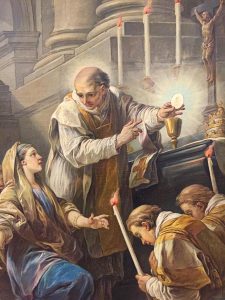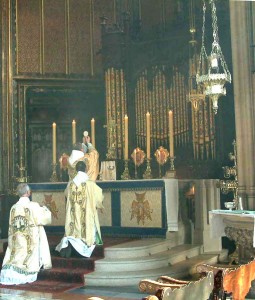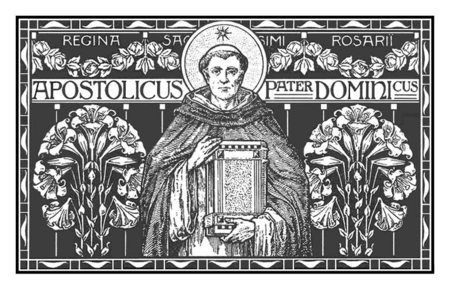 Today marks the 10th anniversary of the publishing of the motu proprio of Benedict XVI, Summorum pontificum, freeing the Tradition Latin Mass (TLM) for celebration without the interference of clergy who want to kill off this noble expression of divine worship. It is clear that the breaking of its chains has allowed the Mass to change lives.
Today marks the 10th anniversary of the publishing of the motu proprio of Benedict XVI, Summorum pontificum, freeing the Tradition Latin Mass (TLM) for celebration without the interference of clergy who want to kill off this noble expression of divine worship. It is clear that the breaking of its chains has allowed the Mass to change lives.
Instead of getting caught up in the usual concerns of some people, I think it is helpful if we appreciate the theological synthesis of the TLM not only in terms of the liturgical and ascetical discipline in the West, but also of pastoral practice: the salvation of one’s soul and that of the entire cosmos; one’s conversion to Someone Infinite and who can answer the thirst of the heart. Permit yourself to engage in a reflection that sees how the TLM conveys the worship of the Blessed Trinity, gives a theological and a moral tradition –not moralism and how it is allowed the laity with the help of the clergy to build culture.
I will say this, however, that the clergy who are adamant in seeing the diminishment of the TLM are ignorant of the graces poured out by God upon the Church. Why frustrate Beauty, Truth and Goodness? Let us pray for a deepening of the knowledge and grace that is given to us today at 10 years, and for the years to come.
The image is that of The Mass of Saint Gregory the great and miracle of the host, by Carle Van Loo (1705 + 1765), in the Chapel Saint-Grégoire of the royal church of sick, 1764. Museum of the Beautiful, Lyon Arts.

